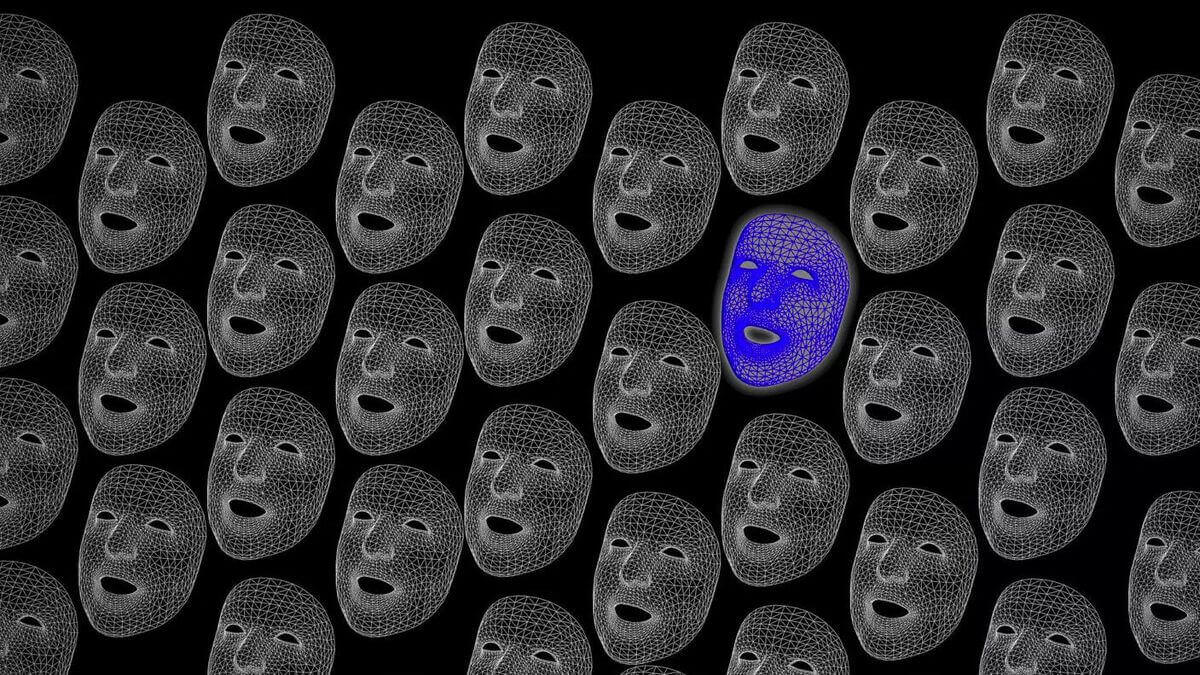A hot potato: Facial recognition has become increasingly unpopular due to privacy and accuracy concerns, and many organizations across the globe have enacted or called for rules against it. Late last year, police in Louisiana and Georgia used the technology to imprison a man for several days before admitting they got the wrong person.
A false facial recognition match last fall led to an arrest and a week-long detention before police admitted they made a mistake. The police currently aren't providing information on which facial recognition algorithm they used or how it led to a false identification.
Police in Jefferson Parish, Louisiana, used facial recognition to secure an arrest warrant for 28-year-old Randal Reid for a $7,500 June purse robbery at a consignment shop in Metairie, The New Orleans Advisor writes. Then, Baton Rouge police used Jefferson Parish Sheriff's Office (JPSO) identification to identify Reid as one of three thieves who allegedly stole another purse worth $2,800 that same week.
When police pulled Reid over on Interstate 20 in Dekalb County, Georgia on November 25 on the way to a late Thanksgiving family gathering, Reid said he had never been to Louisiana and doesn't steal. Police booked Reid into a county jail as a fugitive, but released him on December 1. Attorney Tommy Calogero said JPSO detectives "tacitly" admitted an error.

While Calogero admitted Reid bears a close resemblance to one of the robbers, stark differences could have cleared Reid earlier. These include a mole on Reid's face and a roughly 40-pound difference between Reid and the alleged thief, the thief's "flabby arms" being a tell. Police could have also checked Reid's height, and he would have complied with a search of his home. Reid, meanwhile, feared losing his job and gaining felony convictions for something he didn't do.
Jefferson Parish police won't share information on its facial recognition policies and denied a formal request for Reid's arrest warrant, citing an ongoing investigation. The Baton Rouge warrant also doesn't show how JPSO identified Reid.
New Orleans police recently rescinded a two-year facial recognition ban but enacted rules for using the technology. They can only use facial recognition to generate leads and require high-ranking approval to lodge a request through the Louisiana State Analytical and Fusion Exchange in Baton Rouge. Using the technology also mandates peer review by other facial recognition investigators.
Other Louisiana jurisdictions, however, appear to have no constraints for facial recognition after a 2021 state-level bill restricting it failed in committee. JPSO made three facial recognition requests in 2021, according to public records which the Southern Poverty Law Center obtained. It is unclear how many more requests the department made in 2022.
